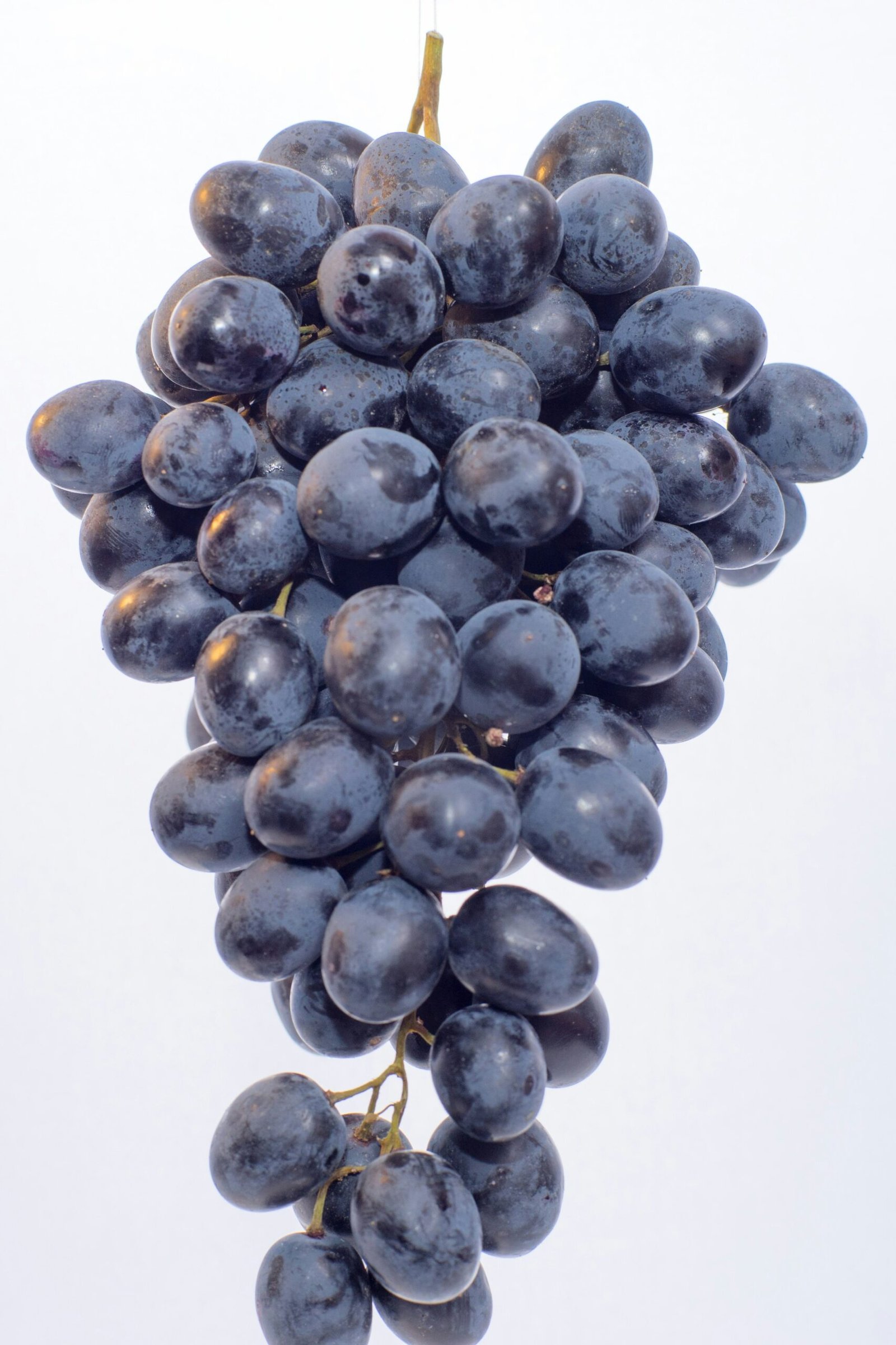Reishi Mushroom Extract – Ganoderma lucidum: A Guide to Uses and Scientific Evidence
What is Reishi Mushroom Extract? Reishi Mushroom Extract is derived from the fruiting body of the Ganoderma lucidum mushroom, also known as Lingzhi or Reishi mushroom. It is a type of medicinal mushroom that has been used for centuries in traditional Chinese medicine for its health-promoting properties. Uses of Reishi Mushroom Extract Reishi Mushroom Extract…

